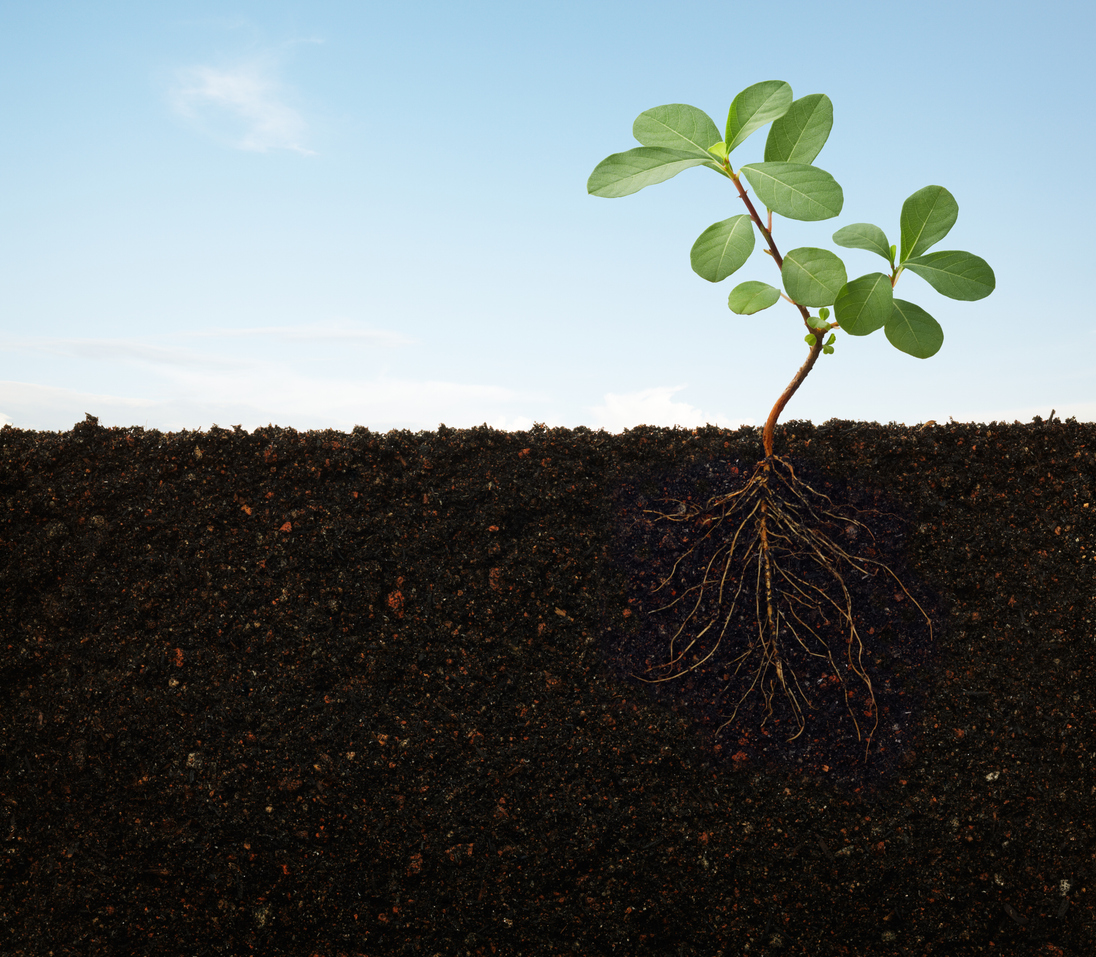What's in Soil?
Students identify the components of soil and demonstrate that soil contains air and water.
Students identify the components of soil and demonstrate that soil contains air and water.

Students create a worm bin which will serve as a basis for investigations about ecosystems, life and nutrient cycles, and decomposition.
Students observe how plants respond to gravity by germinating soybeans in a CD case and rotating the case as they grow.
Students recognize their relationship to soil and model the connections between common objects and the soil.
Students observe the interactions between living plants and other living and nonliving things in a small terrarium environment and discuss similarities between the terrarium environment and the farm environment.
Students evaluate the function of plant stems and identify edible stems belonging to certain plants.
Students identify basic animal behaviors, hypothesize what causes them, and discover the responsibilities of an animal physiologist.
Students dissect seeds, identify the anatomy and function of seed parts, and classify seeds as monocots or dicots.

Students discover that different soils have different characteristics, examine different types of soil, investigate soil components, and observe how air space allows soils to hold and transmit water.
Students categorize plants into groups, describe what plants need for healthy growth, and start their own garden by planting seeds inside a cup.

Students discover how plants and soils interact by observing root growth, considering the function of a plant’s roots, modeling the movement of water into the roots, and investigating the movement of water and nutrients throughout the plant.
Students label the parts of a peanut plant on a diagram, follow step-by-step instructions to plant a peanut, and use a chart to record the growth of peanut plants.